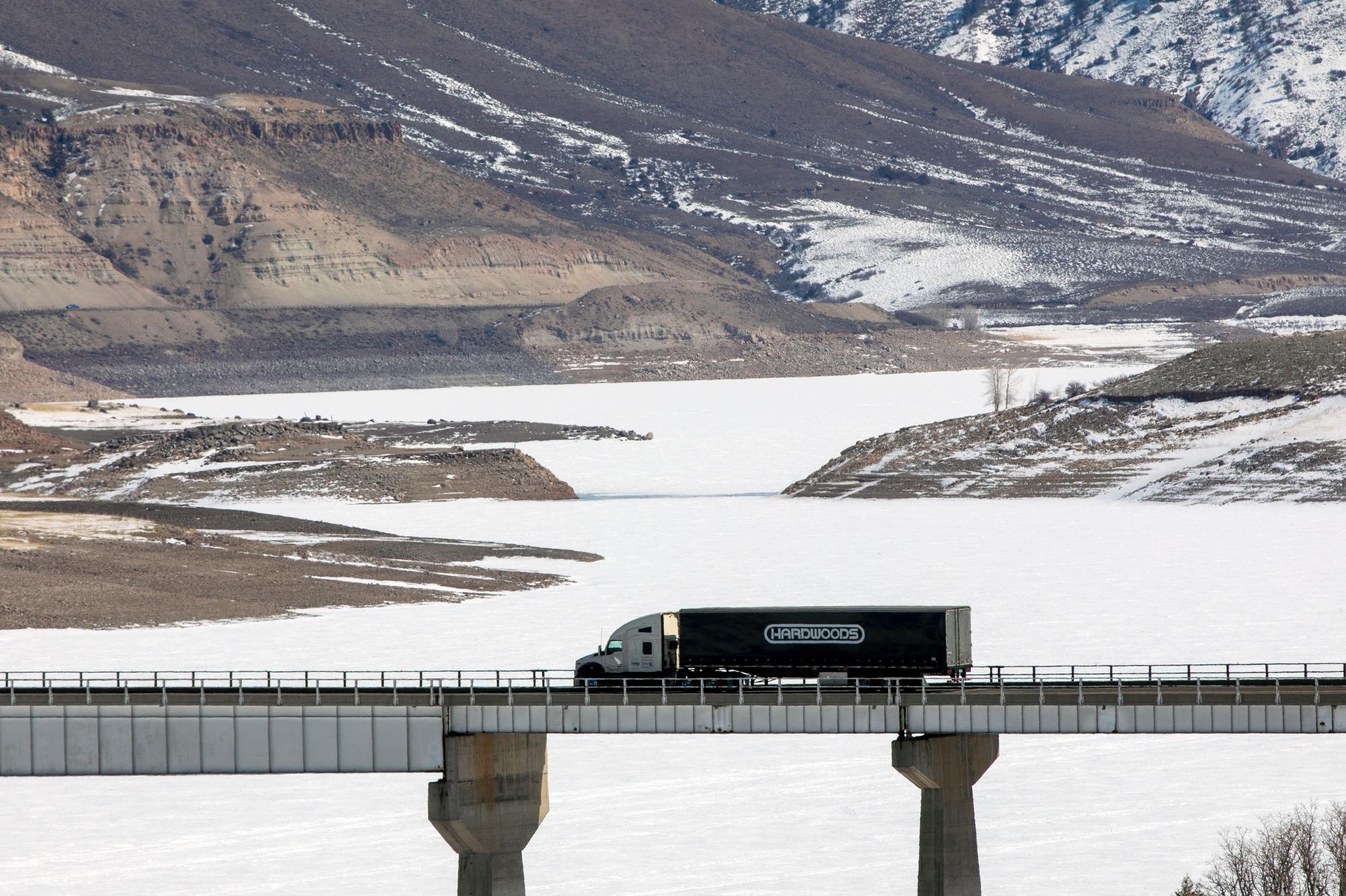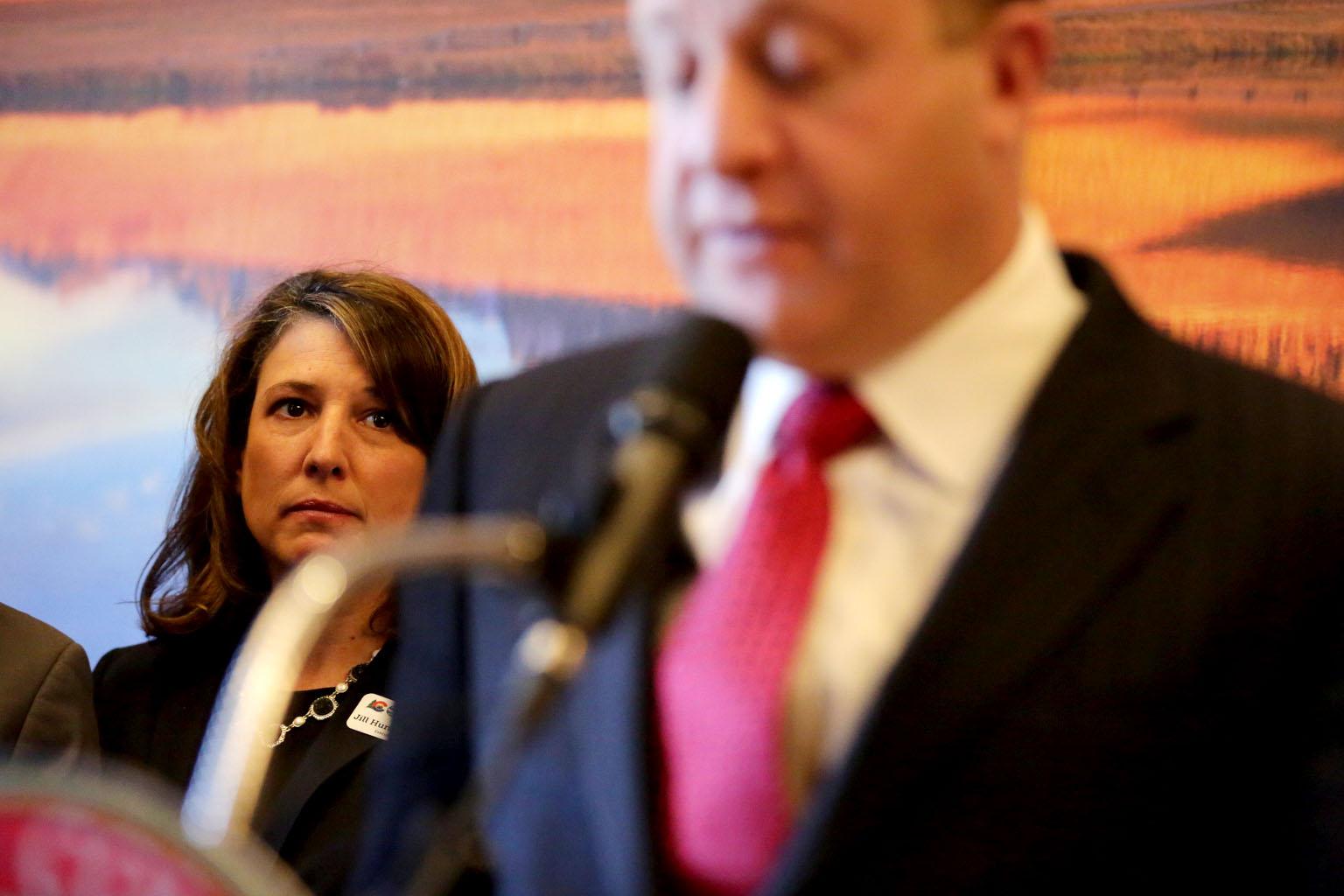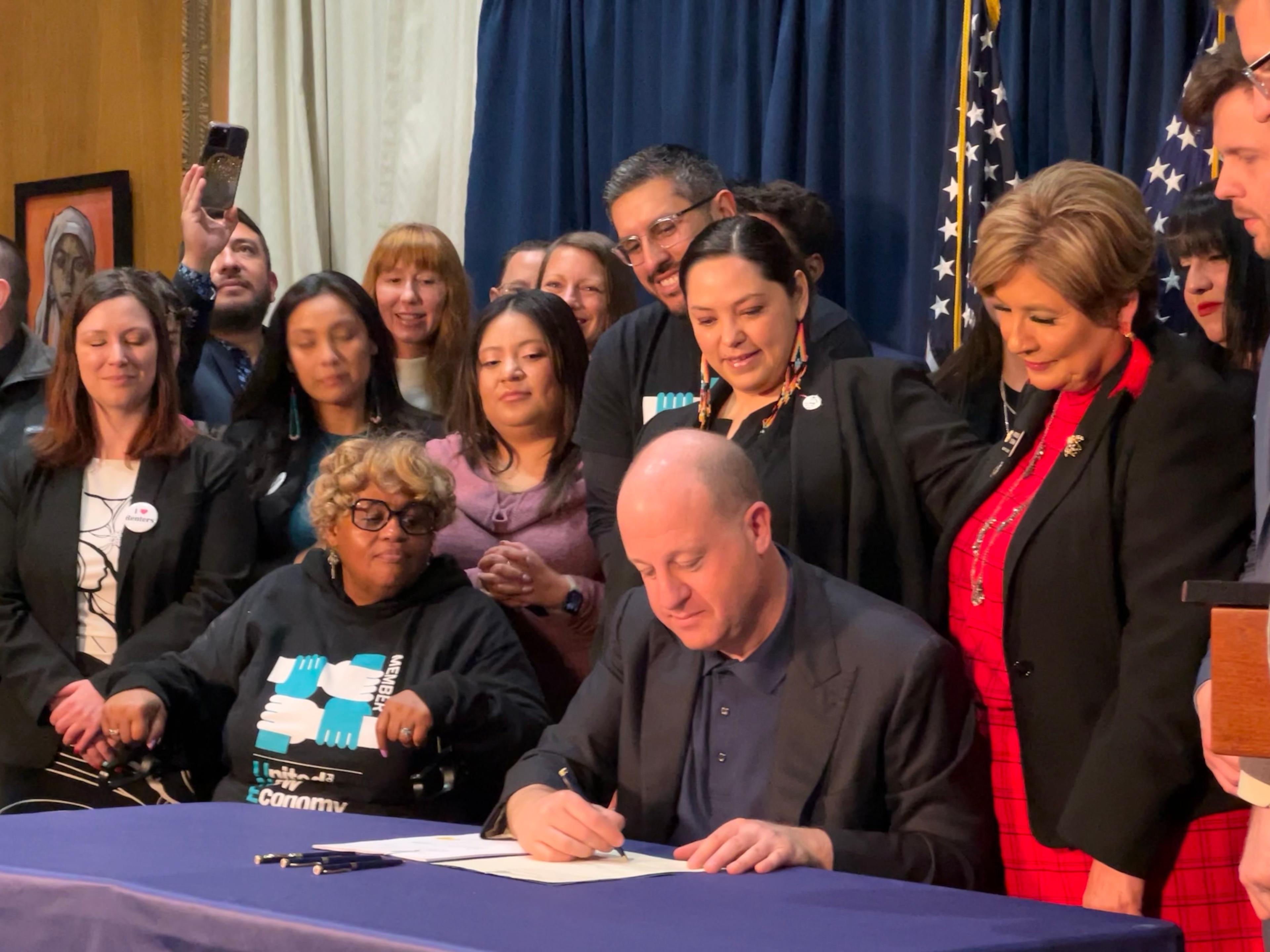
Statistics show 1 in 5 women will be sexually assaulted before graduating from college. A recent conference in Colorado Springs brought together higher education representatives from around the country to try and address the issue.
Dr. Kimberly Dickman is the sexual assault prevention and response analyst at the United States Air Force Academy. In one of her workshops at the Rocky Mountain Campus Safety Summit, she asked her audience to participate in an exercise.
"In the most detail possible," she said, "share your last consensual sexual activity."
Her audience was wide eyed. Some giggled, embarrassed. When Dickman asked the workshop what it was like to be asked to share something so intimate, the attendees said they felt uncomfortable.
"Imagine if it's not consensual," she said. "Imagine if you say 'Stop, please stop, don't.'"
Then Dickman asked them to imagine explaining the experience over and over again, to nurses, attorneys, law enforcement. This, she says, begins to describe a victim's experience of reporting sexual assault.
According to a 2007 study submitted to the U. S. Department of Justice, only 12% of campus rapes are reported to law enforcement.
When they are reported, the process can be difficult. Conference organizers screened the 2015 documentary The Hunting Ground. The film criticizes the way colleges handle sexual assault, saying the institutions prioritize their own reputations over students' safety.
The film focuses on two survivors, Annie Clark and Andrea Pino, whose activism and advocacy eventually took them to Washington D. C., where they worked on the Bipartisan Campus Accountability and Safety Act. The act would streamline the way campuses respond to sexual assault and would require more training for responders.
The two women were present for a question and answer session after the screening. They said there's still a lot to be done at the state level, and even before students reach higher education.
As Clark told KRCC, "I would encourage your listeners to look at what the education laws are surrounding sexual assault prevention at the high school level in Colorado."
Also featured in the film was Dr. David Lisak. He delivered an address at the summit about his studies, where he has found that the majority of rapes are perpetrated by serial offenders. He also spoke about a prevailing sense of "higher ed exceptionalism," which he said can prevent administrators from seeing the realities of their campus culture.
"There is a sense amongst some of us in higher ed that we're different," Lisak said. "That we bring the best and the brightest. That a lot of the things that apply out there in the cold, hard world don't really apply so much, if at all, on our campuses."
Despite that attitude, Lisak said he's encouraged by the way this issue has come into the spotlight.
"The pressure, as uncomfortable as it is, is absolutely necessary. Institutions don't change without pressure," he said.

Over 150 people attended the conference, including guidance councilors, administrative staff, and campus security officers.
SherryLynn Boyles directs TESSA, a local safe house and advocacy organization for victims of domestic violence. Her workshop was called "Trauma-Informed Approach to Campus Safety."
She explained that investigators should be prepared for victims to react in unexpected ways. Boyles also said there's often lasting effects of violence.
"Trauma doesn't just happen and it's over," she said. "You have long term and short-term impacts like suicidal thoughts, depression, drug and alcohol abuse. All of these can be results of having gone through a sexual assault or dating violence relationship."
Other workshops were available on topics including Title IX, creating bystander intervention programs, and engaging men in prevention.
Communication, Dr. David Lisak said, is key in combatting issues of sexual violence.
"People need to hear these ideas and share these ideas so that we start knitting together the best ideas from around the region and around the country. And so we need conferences like this because this is where it happens," said Lisak.
Kansas-based nonprofit Jana's Campaign organized the event. The nonprofit is named for Jana Mackey, a women's rights advocate who was murdered by an ex-boyfriend in 2008.
This was the inaugural Rocky Mountain Campus Safety Summit. Jana's Campaign says they plan to make it an annual event.
The event was held at Colorado College, which is KRCC's licensee.
To contact the TESSA helpline, call 719-633-3819.To contact the National Sexual Assault Hotline, call 800-656-HOPE (4673).








